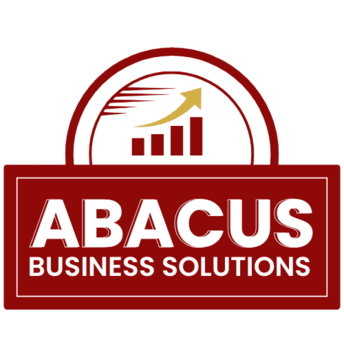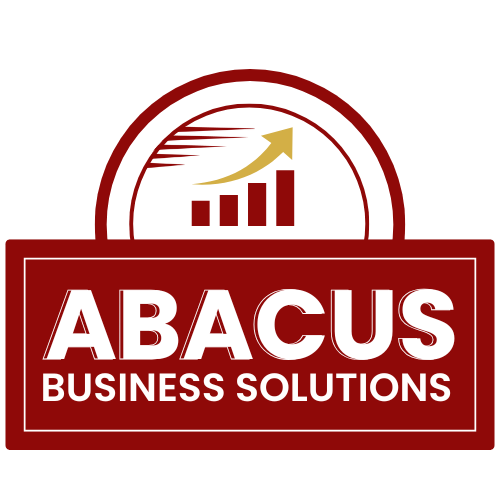EXCITING FINANCIALS… Trust us!
“Let’s talk about your business financial reports…”
… Not exactly an exciting sentence, right?
But you may be surprised at all the great information hiding in those long columns of dates, dollar amounts and invoice numbers.
For example, did you know that your financial reports can give you hints on how to improve your profit margins?
Or that they can help save you from negative bank balances and overdraft fees?
If your bookkeeping is up to date, and you know how to read your reports, you can learn SO much that will both protect AND grow your business!
Now you’re probably SUPER excited and running right to the “Reports” tab in your financial software, right?
Probably not. Maybe it is just financial nerds like us that get that excited about this stuff, but when you do get ready to check out your financials– don’t get overwhelmed!
There are dozens of possible reports you can run, but you only need to focus on three to get started:
Income Statement (also called a P+L or Profit & Loss Statement)
Balance Sheet
Cash Flow Report
These 3 are so important, that they’re actually nicknamed “the holy trinity” in accounting!
EXCITING FINANCIALS… Trust us! Read More »










